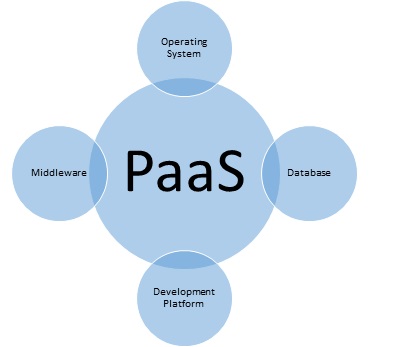Everything You Need to Know About Cloud Hosting:
Everything You Need to Know About Cloud Hosting:
You’ve heard the buzzwords—cloud hosting, cloud computing, and cloud services. But what exactly is cloud hosting?
Put simply, cloud hosting is a type of web hosting that uses multiple connected servers to store and manage data. Cloud computing enables you to access your website, email, and other services from anywhere in the world—as long as you have an internet connection. This means you don’t need to manage a physical server or maintain hardware in-house. Plus, there’s no installation or upgrade fees associated with cloud hosting.
In this article, we’ll explain everything you need to know about cloud hosting: from the basics of how a cloud works to potential risks and benefits of using a cloud solution for your business. We’ll also provide some tips on what type of environments are best suited for a cloud solution so that you can make an informed decision before jumping in.
What Is Cloud Hosting?
Have you ever thought of using cloud hosting for your website? Many people today are turning to cloud hosting solutions to manage their businesses, as it offers a multitude of benefits.
So, what is cloud hosting? In a nutshell, it is a type of web hosting that uses multiple servers connected to the same network. Instead of relying on one physical server, cloud hosting uses several virtual servers that are all connected and “live” on the same system. This allows for more reliable uptime than traditional web hosting solutions since any issue affecting one server could be quickly addressed by another server on the network.
Cloud hosting also enables scaling, meaning if your website or business experiences an increase in traffic, you will be able to quickly access additional resources from the cloud. This ensures that your website or application can sustain its performance even when there is a spike in traffic. Furthermore, since multiple servers are used in a cloud system, there is also an extra layer of security from cyber attacks as your data is stored across several networks instead of just one.
With features like scalability and redundancy, it’s no wonder why many businesses today choose cloud hosting solutions over traditional web hosts.
Benefits and Drawbacks of Cloud Hosting
The cloud hosting process has many benefits, most notably its scalability. Your cloud service provider can quickly increase or decrease your computer resources as needed, so you’re never paying for more than you need. Additionally, cloud hosting is often very secure—with features like multiple backups, routine security updates and built-in encryption technologies—making it easier for businesses to protect their valuable data.
But there can also be drawbacks to consider. First, you may find cloud hosting to be more expensive in the long run than other hosting solutions since you pay for the services on a subscription basis. Plus, shared servers can slow down your site during times of peak usage since many people are all using the same resources. To combat this, many providers offer dedicated servers that handle only one website’s traffic at a given time, which offers more reliability and speed.
At the end of the day, opting for cloud hosting could be the right move for your business if you need increased flexibility and scalability—but it’s important to weigh the pros and cons before committing to a solution that could have long-term financial implications.
Types of Cloud Hosting
So what kind of cloud hosting do you need? Let’s look at the types of cloud hosting that are available.
Platform as a Service (PaaS):

Platform as a Service is a managed cloud hosting service that provides tools, resources, and software necessary to build, deploy, and manage applications in the cloud. It is great for developers who need quick access to resources for application development and deployment.
Infrastructure as a Service (IaaS):

Infrastructure as a Service allows you to rent computing infrastructure like servers, storage, networking devices, and more from the cloud provider. You can then manage these resources using your own operating system and software stack. This makes it great for businesses who want more control over their infrastructure than PaaS offers.
Software as a Service (SaaS):

Software as a Service is when you access applications through the web or through an app store instead of directly on your device. This form of cloud hosting is great if you don’t want to worry about maintenance and updates — your provider handles all that for you! Examples of SaaS products include Gmail and Dropbox.
Understanding the types of cloud hosting available can help you choose the right one that fits your needs — whether it’s PaaS, IaaS, or SaaS!
Comments
Post a Comment